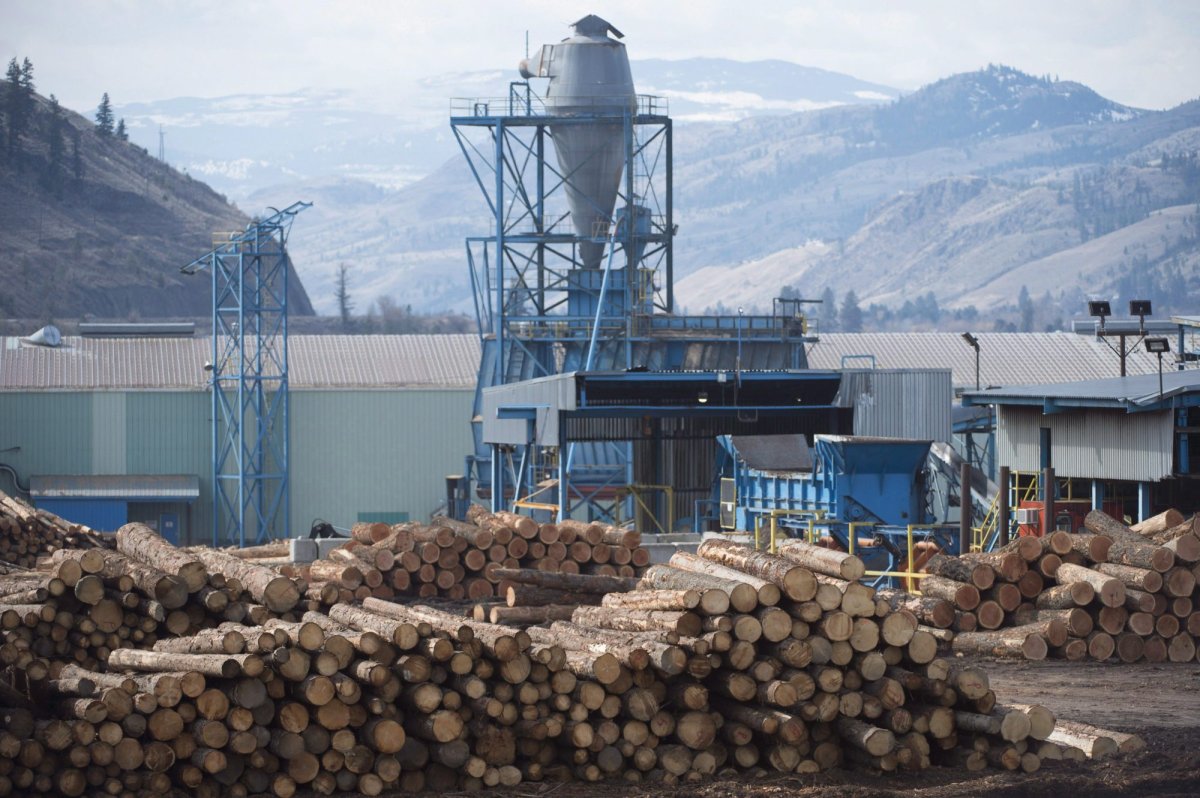More than a dozen local politicians and the BC Liberals are calling on the provincial government to re-instate the Rural Dividend Fund program.

The B.C. government says the $25-million dividend fund has been put on hold for a year as the province spends $69 million on an aid package for fired forestry workers.
“John Horgan and the NDP have already ignored the crisis in the interior forest industry, and now they are going to steal from the Rural Dividend Fund to pay for their half-baked Forestry Transition program,” Liberal leader Andrew Wilkinson said.
“This is an insult to every single community that has lost its primary forestry employment, and now the NDP are taking away their only real hope of diversification.”
The B.C. government will be using the money, in part, to establish an early-retirement bridging program for older forestry workers, create a new short-term forest employment program focused on fire prevention and community resiliency projects, and skills training for workers.
The province says there have been four permanent mill closures in B.C.’s Interior affecting between 500 to 700 workers. The province is also dealing with 13 indefinite closures, affecting around 1,000 workers. When the curtailments are added in, the B.C. government estimates a total of around 3,000 workers could benefit from the province’s funding.

Get breaking National news
WATCH (aired August 3, 2019): B.C. mayors call on Ottawa to help forestry industry

About 200 logging trucks will be making their way through downtown Vancouver Wednesday morning to protest the mill closures and curtailments.
The suspension of the Rural Dividend Fund has raised concerns from community groups like the North Shore Mountain Bike Association, which has received funding for the Aboriginal Youth Mountain Bike Program.
“This and many other projects are directly and massively impacted by the recent rural dividend suspension announcement, which strips money from programs directly designed to reduce communities dependence on industry (like forestry), and putting it into forestry,” North Shore Mountain Bike Association president Cooper Quinn wrote in an email.
The BC Liberals argue the Rural Dividend Fund was created so smaller communities can build capacity and promote economic diversification. Wilkinson says the government should not be punishing rural B.C. by taking away important funding that helps create jobs and contributes to the overall wellness and sustainability of smaller communities.
“It is simply unbelievable that during a time of crisis for forestry-dependent communities, the NDP would pile on with the suspension of the Rural Dividend Fund,” Rural Development critic and Liberal MLA Donna Barnett said.
“Only the NDP would think alienating small communities, driving away economic growth and putting even more jobs at risk is a good idea.”
Minister of Forests Doug Donaldson says he wants the communities to know that applications that have made will be kept for future funding cycles. He went on to say the government made the decision to ensure workers in rural communities are supported.
“That is what communities told us was needed the most for their economic stability and the economic future. That is why we temporarily re-purposed funding in the rural development program,” Donaldson said.
“Those communities who are in the most need, that have seen mill closures, are the top priority as far as government support and funding at this time.”
–with files from Emily Lazatin and Simon Little






Comments